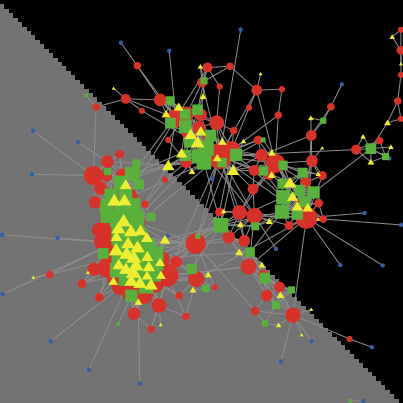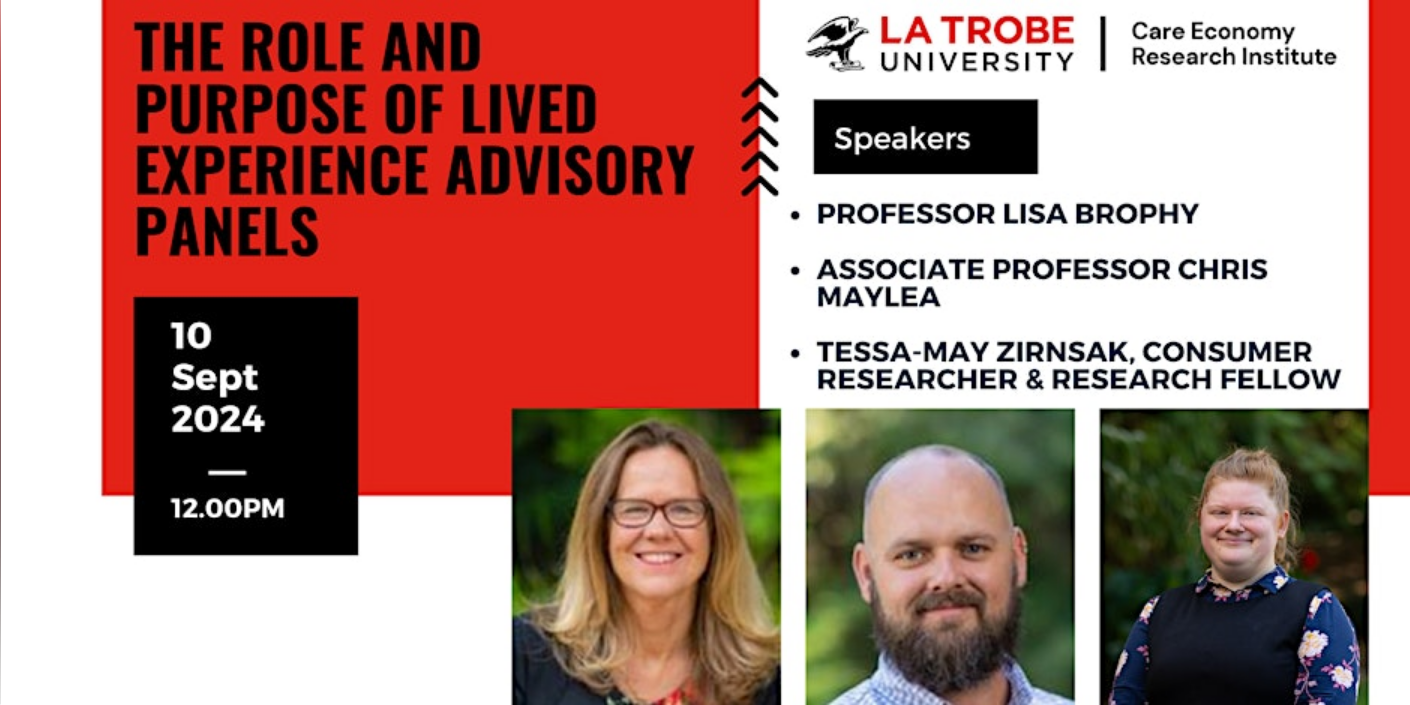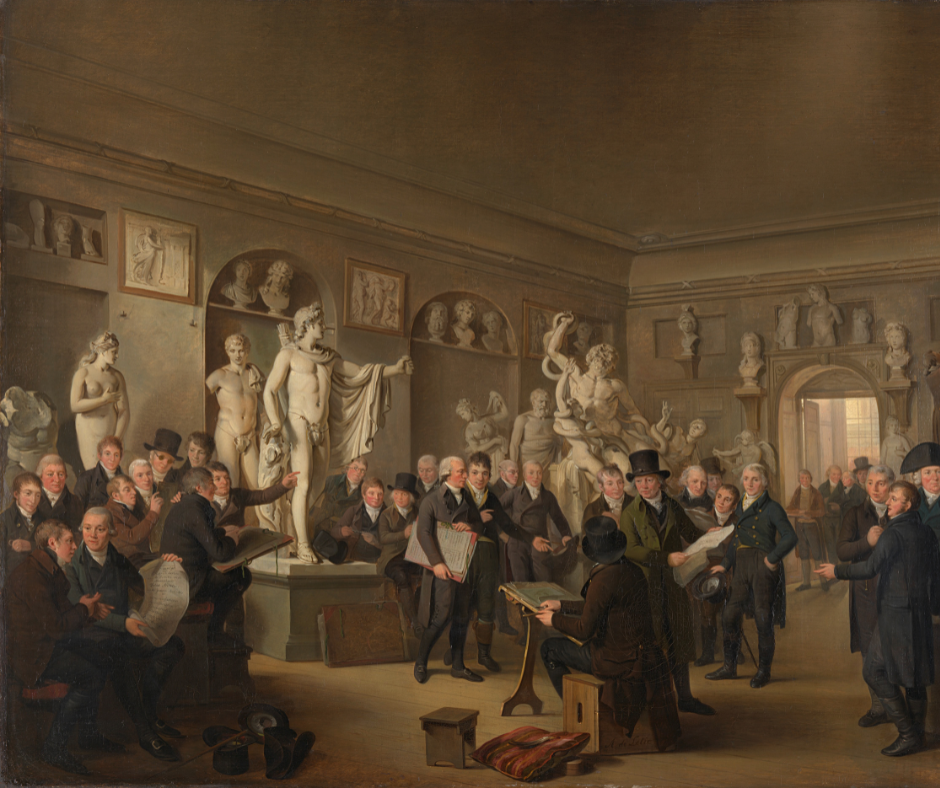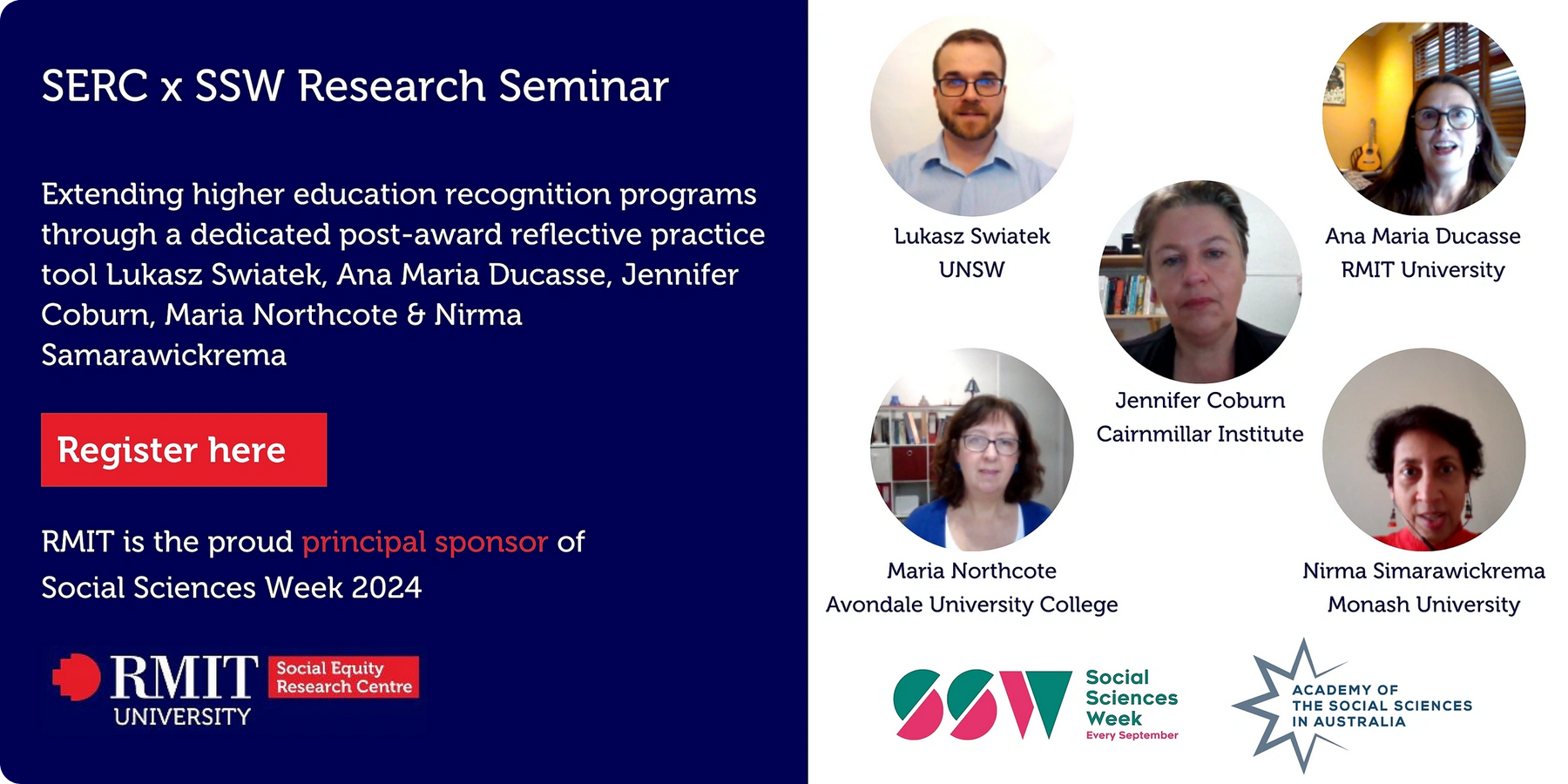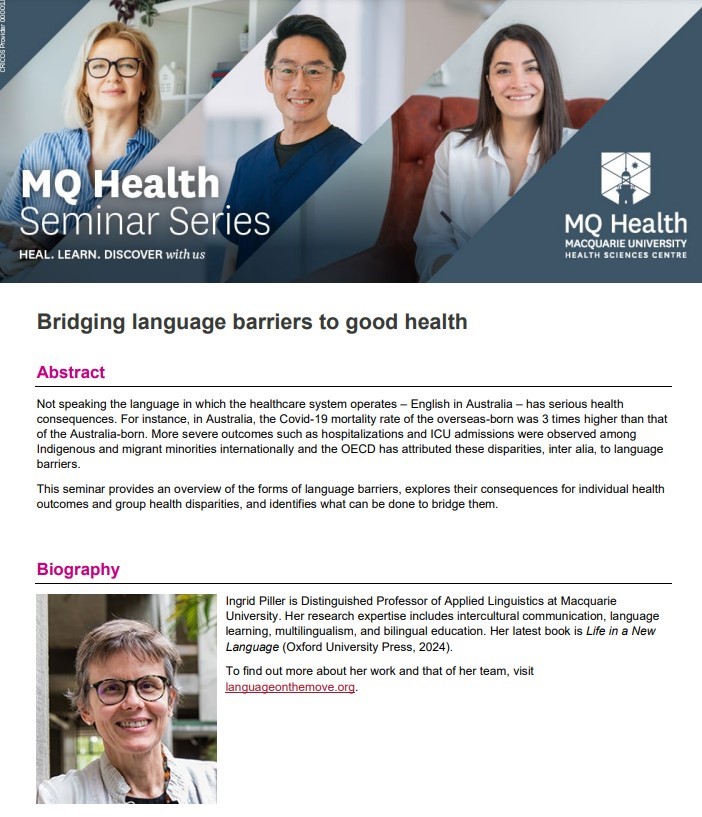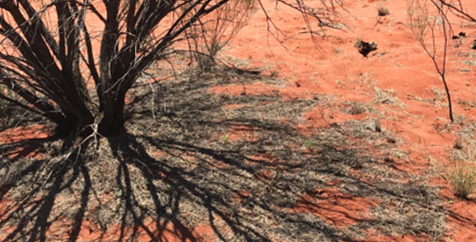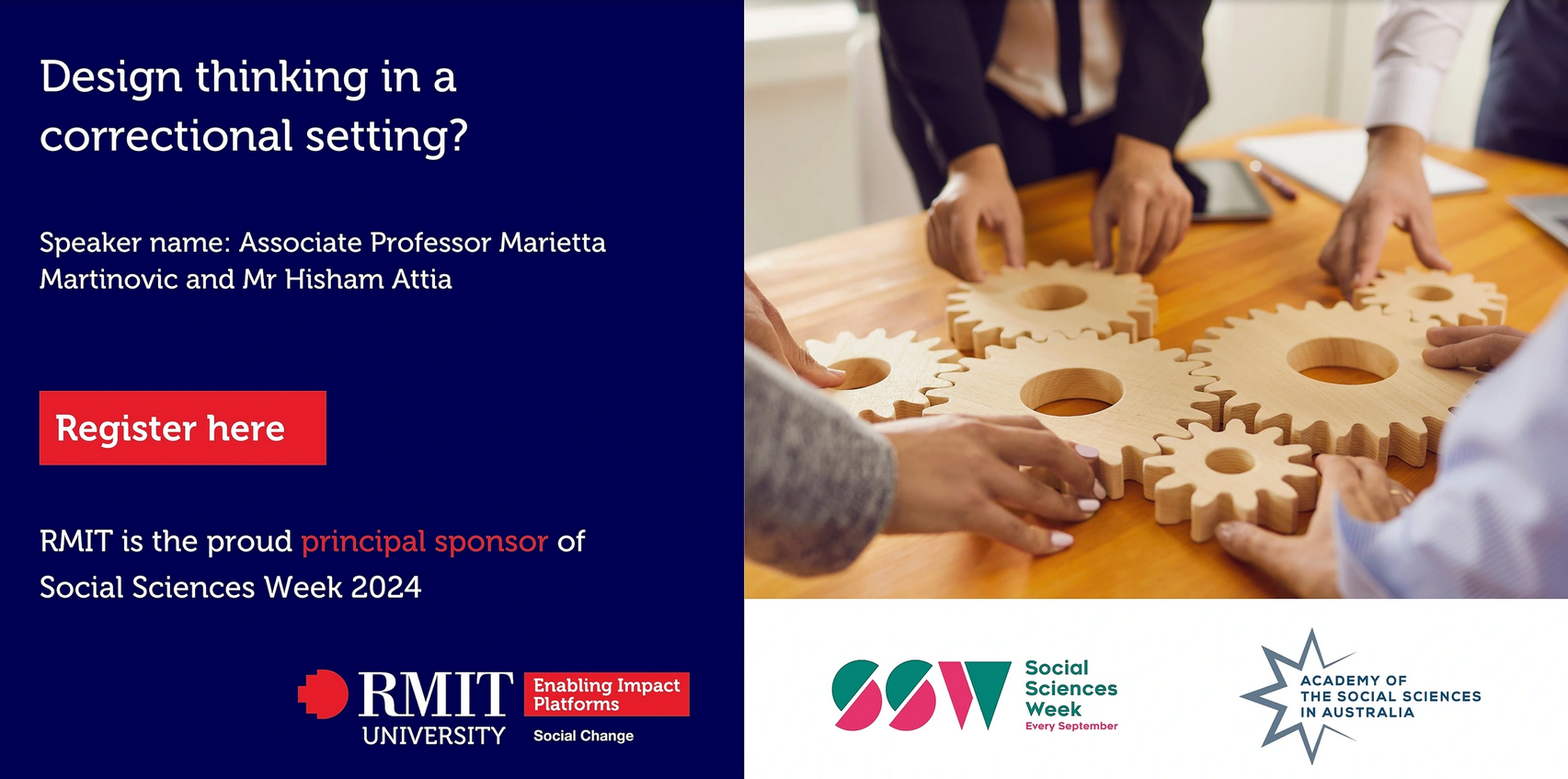Events
- Events
- Seminar
UTS Translational Criminology Seminar Series
UTS UTS City Campus, Building 10 Level 03, Room 470, 235-253 Jones St., UltimoSSSWARM Seminar Series | Ethnography in the archive: listening, being, and doing in archival collections
Room 203, RD Watt Building, Science Road, University of Sydney, Camperdown Science Road, Camperdown Campus, SydneyDesign Thinking in Correctional Settings?
Building 80, Level 8, Room 080.08.010 435-457 Swanston St, Melbourne- No events scheduled for 13 September 2024.
- No events scheduled for 14 September 2024.
Week of Events
Harmful care, careful harm: relational entanglements in migration
Harmful care, careful harm: relational entanglements in migration
Hosted by the Sydney Centre for Healthy Societies, this timely event will bring together experts from the diverse corners of the field of migration studies to consider the complex and dynamic relationship between care and harm in international migration. Scholars of migration have documented the multivarious forms of harm that arise from the systems, institutions and interactions surrounding the movements of people across borders. Researchers have also explored the many forms of local and transnational care that are created by, or persist despite, international migration. In this event, we explore the ways care and harm are interwoven, interdependent and mutually constitutive in diverse migration contexts. Relationships of care (for example, between migrants or between migrants and ‘allies’ in civil society) may arise in response or resistance to the harms imposed by exploitative policies and practices. Equally, policies and practices that appear to be ‘caring’ may reproduce, obscure or naturalise harm, at times perpetuating the very inequalities and injustices they purport to address. Grounded in diverse settings including immigration detention, aged care, temporary labour migration schemes, the family home, and media platforms, the speakers will present brief talks drawing on their specialist research. The speakers will then come together for a panel discussion of harmful care, careful harm, and the […]
An introduction to Computational Social Science
An introduction to Computational Social Science
Computational social science (CSS) frequently uses Agent-based models (ABMs) to model social phenomena. ABMs are ‘bottom-up’ representations of individuals (computational agents) who exist within a society of other agents and who interact on a local scale based on sets of rules that govern their behaviour. When used like this, ABMs are attempts to create ‘Artificial Societies’ that we can study. The advantage of creating artificial societies is that imagined policies or interventions can then be made within these representations and the outcomes of those policies can be observed prior to implementation in the real world. The models can be anywhere between instructive or predictive, with the sophistication and detail of models often geared toward their purpose in this regard. In general, the most interesting models are those that try to replicate the generation of a large-scale social phenomenon when the mechanisms that create that phenomenon are currently unknown or contested (e.g., crowd behaviour, social behaviour, health behaviour, political behaviour, etc.). This session will introduce the audience to example agent-based models used in Computational Social Science and show how they can be used to augment existing research agendas, test theory, and trial simulated policies. We'll provide some very brief introductory 'how […]
The role and purpose of Lived Experience Advisory Panels.
The role and purpose of Lived Experience Advisory Panels.
This session will introduce participants to the important contribution Lived Experience Advisory Panels can make to research and how the decision to include a panel is grounded in a commitment to co-design and the increased expectation that experts by experience are involved in care economy research. We will discuss emerging practices including how to engage and work with a diversity of perspectives and address issues power sharing in research.
How did humans live before modern societies?
How did humans live before modern societies?
This session, as part of Social Sciences Week 2024, will illuminate key aspects of modern societies and compare them with pre-modern perspectives and worldviews. In this session we will discuss how modern societies were formed and their key aspects before then exploring what our ancestors can teach us about how they lived through topics such as primordial freedoms, egalitarianism, ritual, ceremony, orality and more. Professor Yin Paradies is an Aboriginal animist anarchist activist who is Chair in Race Relations at Deakin University where he conducts research on topics such as racism, anti-racism, cultural competence, Indigenous knowledges and decolonisation. Yin has authored over 250 publications (cited over 20,000 times), been awarded grants worth $49 million and is an invited reviewer for more than 125 journals. Please RSVP to adi-events@deakin.edu.au, you will then receive the Zoom password.
UTS Translational Criminology Seminar Series
UTS Translational Criminology Seminar Series
Not just 'Herding Cats'- Vietnamese cannabis gangs and law enforcement Join UTS Criminology and the Crime and Security Science Research Group for our third seminar of 2024 Vietnamese-born prisoners have been considered at the highest rates among most serious offences/charges excluding Australia and New Zealand, almost drug-related offences, higher than the UK-born and Chinese-born. Appearances of Vietnamese-ethnicity groups involved, either directly or indirectly, in cultivating, manufacturing, and trading cannabis. The illegal employment of Vietnamese 'crop-sitters' in Australia, who are employed to stay in the grow house to take care of cannabis plants, is ongoing. Based on previous empirical studies, Luong (2014, 2017, 2019, 2020) tested and clarified family ties and fellow-countrymen associations as the most prioritised forms of those Vietnamese drug trafficking networks. Currently, many authorities are considering those Vietnamese groups in Australia to set up three levels – head (whom they organise and manage the whole process), facilitator (whom they provide spiritual or material assistance in cultivation), and crop-sitter (whom they look after cannabis plants). In contrast, the Herding Cats (dân chăn mèo in Vietnamese) – a memoir of former Vietnamese cannabis insiders, described the most insightful details of why and how dân chăn mèo arrange and design inclusive […]
SERC x SSW Research Seminar: Extending higher education recognition programs through a dedicated post-award reflective practice tool
SERC x SSW Research Seminar: Extending higher education recognition programs through a dedicated post-award reflective practice tool
Extending higher education recognition programs through a dedicated post-award reflective practice tool Higher education professional recognition programs, which lead to the awarding of such accolades as teaching and learning fellowships, offer participants opportunities to reflect carefully on their practice. However, few resources exist to help participants engage in reflection after the award-receiving stage. This reflection is important in helping participants not rest on their laurels and, instead, build on the practices for which they received recognition. Through a process of collaborative reflection, a group of fellowship-recipients, from different disciplines and higher education institutions, addressed this gap as stakeholder-participant-researchers by developing a transdisciplinary approach to undertaking post-award reflective practice. From this collaboration, a novel two-stage tool was developed using an iterative design methodology. The tool presented in this paper as the result of this research can be understood as a means of supporting self-paced, continued post-award reflective practice; the tool’s first stage guides users through retrospective reflection, looking back on previous achievements, while the second stage leads users through anticipatory planning, looking towards the future, to achieve fresh goals. The tool thus deepens the reflective practice of recognition program awardees and supports their ongoing professional development. This paper reports on the […]
Bridging Language Barriers to Good Health
Bridging Language Barriers to Good Health
Join Distinguished Professor Ingrid Piller as she explores the profound impact of language barriers on healthcare outcomes. Drawing on her extensive expertise in intercultural communication, multilingualism, and bilingual education, Ingrid will discuss the severe health consequences faced by non-English speakers in Australia, including a Covid-19 mortality rate three times higher among the overseas-born. The seminar will provide an overview of language barriers, their impact on health disparities, and practical strategies to bridge these gaps.
SSSWARM Seminar Series | Ethnography in the archive: listening, being, and doing in archival collections
SSSWARM Seminar Series | Ethnography in the archive: listening, being, and doing in archival collections
Hosted by Sydney Staff & Student Workshops on Anthropology, Research, and Methods (SSSWARM) and the School of Social and Political Sciences. Speaker: Henrietta Byrne (University of Sydney) This presentation utilises reflections from Henrietta's 2021 doctoral fieldwork to explore how anthropologists can bring ethnographic attention to archival materials. As part of her study on the legacies of nuclear testing on Anangu lands and peoples, she spent time in the National Archives of Australia (NAA) and Australian Institute of Aboriginal and Torres Strait Islander Studies (AIATSIS) archives, examining documents from the 1984 Royal Commission into British Nuclear Testing. She considers how archives can be rich sites for ethnography and how anthropologists can engage with colonial archival collections without upholding their epistemic power. Contact Michael Edwards with any questions about the SSSWARM Seminar Series: michael.edwards@sydney.edu.au For more info on SSSWARM: https://sophiechao.wixsite.com/ssswarm
Design Thinking in Correctional Settings?
Design Thinking in Correctional Settings?
This seminar presents a collaborative cross-disciplinary project between Beyond the Stone Walls Advisory Collective (BSWAC), Corrections Victoria and RMIT. Mr Hisham Attia of College of Vocational Education, and Dr Marietta Martinovic of College of Design and Social Context, both at RMIT, employed design thinking to a project within a correctional setting - Improving offender reception process at a prison. We discuss the journey of this project and its outcomes. The feedback from Corrections Victoria was that it was ‘impressive,’ ‘ground-breaking,’ and that they ‘loved the thoughtfulness and considerations of each suggestion.’


